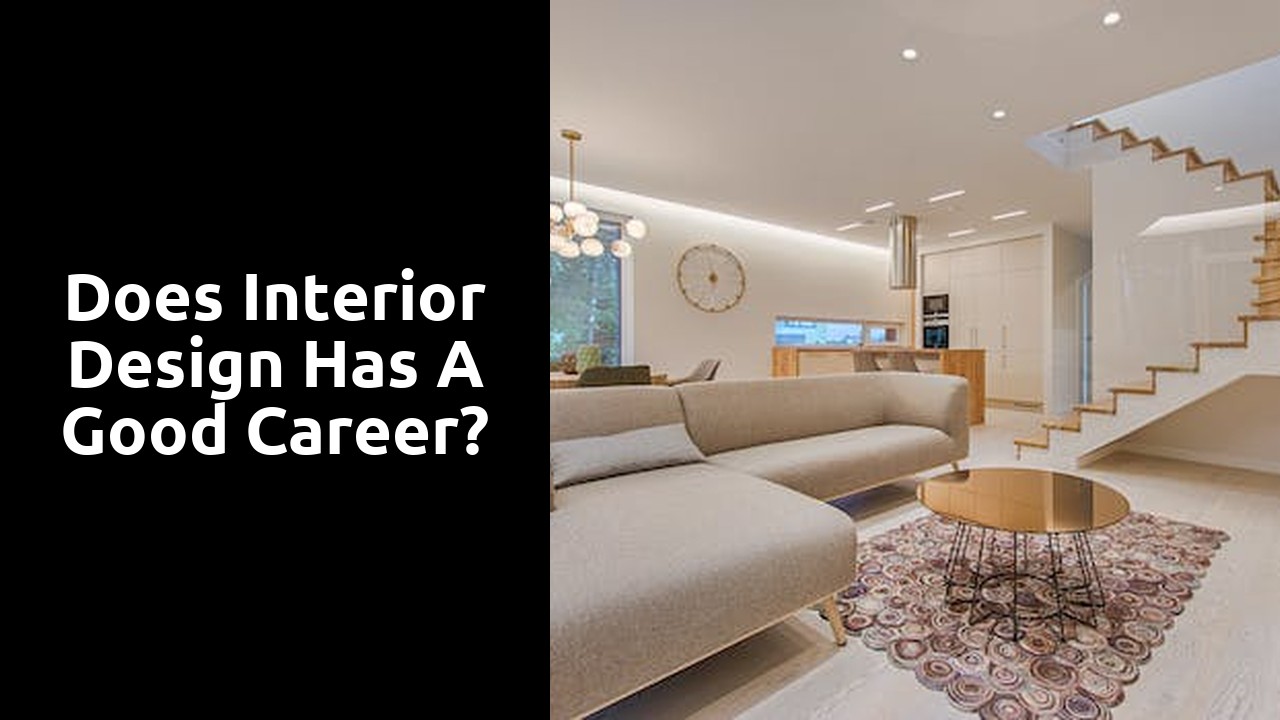Mastering the Art of Interior Design: Challenges and Rewards
Mastering the art of interior design is no easy feat, as it presents a multitude of challenges and rewards. One of the main challenges faced by interior designers is the need to strike a delicate balance between functionality and aesthetics. Designing spaces that are not only visually appealing, but also practical and efficient, requires a keen eye for detail and a deep understanding of the needs and desires of the clients.
Another challenge that interior designers face is staying current with the latest design trends and techniques. The world of design is constantly evolving, and it is essential for designers to continuously educate themselves and stay up-to-date with industry advancements. This means attending workshops and conferences, researching new materials and technologies, and always being open to learning and exploring new design concepts. Despite the challenges, the rewards of mastering the art of interior design are immeasurable. The ability to transform a space into something beautiful and functional can bring immense satisfaction and a sense of accomplishment. The joy of seeing clients’ faces light up when they walk into a space that has been thoughtfully designed to meet their needs is truly priceless. Moreover, the opportunity to work on a variety of projects, from residential homes to commercial spaces, offers a dynamic and diverse career path for interior designers.
Unveiling the Realities of a Career in Interior Design
For those who have a passion for design, pursuing a career in interior design may seem like a dream come true. With the opportunity to unleash creativity and transform spaces, it can be an incredibly rewarding profession. However, it is important to unveil the realities of a career in interior design to have a clear understanding of what it entails.
One of the key aspects to consider is the level of competition in the industry. With the increasing popularity of interior design, there is no shortage of aspiring designers vying for the same opportunities. This means that standing out and establishing a successful career can be challenging. It requires not only creativity and talent, but also perseverance and the ability to constantly adapt to changing trends and client preferences. Building a strong portfolio and network is crucial to gaining recognition and securing projects.
Breaking Down the Myths: Debunking Interior Design Misconceptions
Interior design is often mistaken for a profession that is all about choosing colors and arranging furniture. However, this misconception overlooks the complexity and depth of this field. Interior designers do so much more than simply decorating a space; they are responsible for creating functional and aesthetically pleasing environments that meet the needs and desires of their clients. Their work involves extensive research, careful planning, and attention to detail in order to create spaces that are not only visually appealing, but also practical and efficient. So, it’s safe to say that interior design is far from an easy task.
Another common myth about interior design is that it is a leisurely job that involves nothing more than shopping for furniture and accessories. In reality, interior designers face various challenges and responsibilities that require them to possess a wide range of skills and knowledge. They must have a strong understanding of architectural principles, as well as knowledge of building codes and regulations. They also need to be familiar with different materials, finishes, and textiles, as well as lighting systems and technology. Additionally, interior designers must have excellent communication and problem-solving skills, as they are constantly working with clients, contractors, and other professionals to bring their vision to life. So, while interior design may seem glamorous and effortless on the surface, it is far from an easy profession.
The Demands and Delights of Being an Interior Design Professional
Being an interior design professional is no easy task. It requires a tremendous amount of dedication, skill, and creativity. The demands of the job can be overwhelming at times, as interior designers are often required to work long hours, meet tight deadlines, and juggle multiple projects simultaneously. They need to have an eye for detail and be able to work under pressure to bring their clients’ visions to life. However, despite these challenges, being an interior designer can also be incredibly rewarding. The delight comes from seeing a project come together and witnessing the transformation of a space into something beautiful and functional. Interior designers have the unique ability to shape and enhance people’s environments, creating spaces that are not only aesthetically pleasing but also cater to the needs and lifestyles of their clients. The joy of knowing that their work has made a positive impact on someone’s daily life is truly fulfilling.
Navigating the Complex World of Interior Design: Tips and Insights
When it comes to navigating the complex world of interior design, there are a few key tips and insights that can help aspiring designers find their way. First and foremost, it is important to develop a strong understanding of the principles and elements of design. This includes knowledge of color theory, space planning, and the different styles and trends within the industry. By mastering these fundamentals, designers can better articulate their vision and create cohesive and visually appealing spaces.
In addition to the technical aspects of design, it is equally important for interior designers to cultivate their own unique style and aesthetic. This involves developing a keen eye for detail and staying abreast of current design trends, as well as finding inspiration from various sources such as art, fashion, and architecture. By honing their personal style, designers can create spaces that are not only beautiful but also reflective of their clients’ preferences and personalities.
The Essential Skills and Qualities of Successful Interior Designers
Successful interior designers possess a set of essential skills and qualities that enable them to excel in their profession. Firstly, they need to have a strong eye for aesthetics and color coordination. An understanding of different design styles and the ability to create visually appealing spaces is crucial. Furthermore, attention to detail is paramount, as interior designers must consider every aspect of a room, from the placement of furniture to the selection of fabrics and finishes. This meticulousness ensures that the overall design is cohesive and visually pleasing.
In addition to technical skills, successful interior designers also possess excellent communication and interpersonal skills. They must be able to effectively communicate their ideas and vision to clients, as well as collaborate with other professionals, such as architects and contractors. Being able to listen to and understand clients’ preferences and needs is key in creating spaces that are tailored to their vision. Furthermore, being able to work well within a team and manage different personalities is essential for successful outcomes. Overall, a combination of technical expertise and strong interpersonal skills is what sets successful interior designers apart in their field.
FAQS
Is interior design a difficult profession?
Interior design can be challenging, as it requires a combination of creativity, technical skills, attention to detail, and the ability to understand and meet clients’ needs and preferences.
What are some of the challenges faced by interior designers?
Interior designers often face challenges such as working within budget constraints, meeting deadlines, sourcing materials and furniture, and coordinating with other professionals involved in a project, among others.
Are there any misconceptions about the field of interior design?
Yes, there are several misconceptions about interior design. Some common ones include the idea that it’s all about choosing colors and fabrics, that it’s an easy and glamorous job, or that it’s purely a matter of personal taste. In reality, interior design involves much more, including space planning, technical knowledge, and problem-solving skills.
What are the rewards of being an interior designer?
Interior design can be a highly rewarding profession. Some of the rewards include the satisfaction of transforming spaces and improving people’s quality of life, the opportunity to work on diverse projects, the potential for creativity and self-expression, and the possibility of building long-term relationships with clients.
What skills and qualities are essential for successful interior designers?
Successful interior designers possess a range of skills and qualities, including creativity, strong visual and spatial awareness, attention to detail, good communication and interpersonal skills, project management abilities, problem-solving skills, and a strong understanding of design principles and techniques.
How can one navigate the complex world of interior design?
Navigating the world of interior design can be made easier by staying updated with industry trends, networking with other professionals, continuously learning and improving skills, seeking mentorship or guidance from experienced designers, and being adaptable and open to new challenges and opportunities.
Are there any tips or insights for aspiring interior designers?
Yes, aspiring interior designers can benefit from gaining practical experience through internships or apprenticeships, building a strong portfolio, developing a signature style, staying passionate and motivated, continuously expanding knowledge of design software and technologies, and seeking feedback and constructive criticism from peers and mentors.
Related Links
How do I become an interior designer in BC?
Is interior design career worth it?


